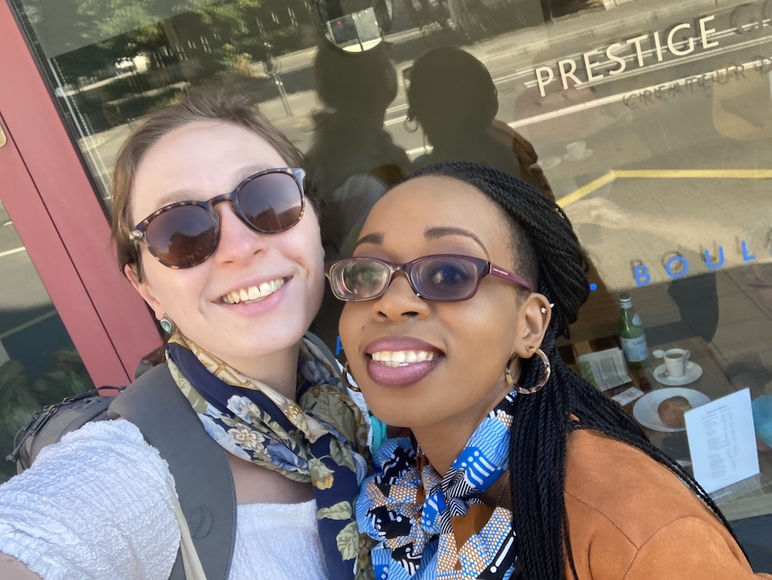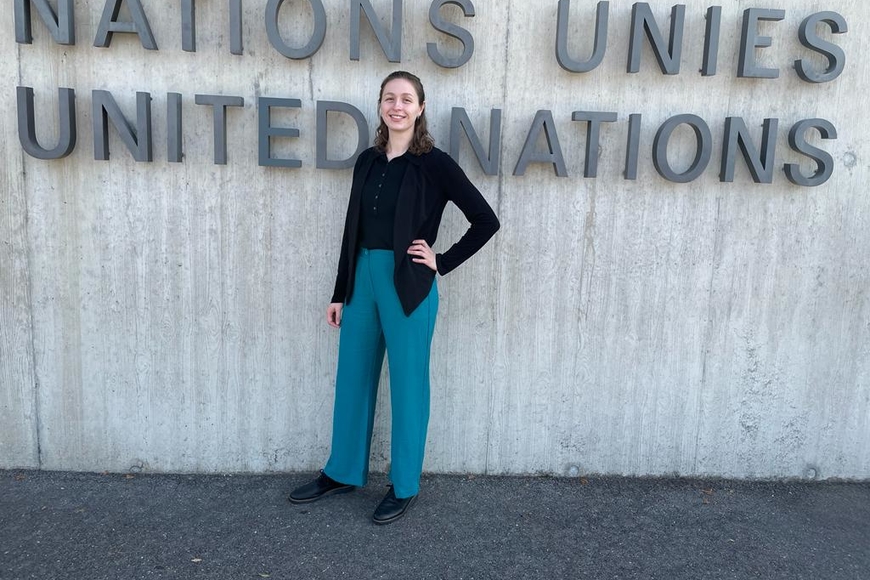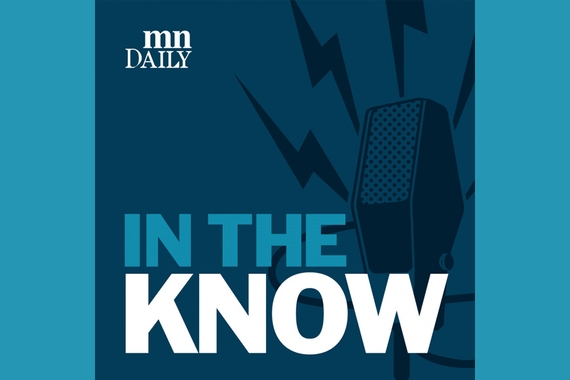How Local Community Engagement Can Foster International Policy Change
The Human Rights Program believes strongly in the importance of integrating professional experience with academic knowledge in the field of human rights, making internships a main requirement of the Master of Human Rights (MHR) degree program. Many students do amazing work with their host organizations and gain valuable field experience to supplement their human rights coursework. In this Q&A series, we interview our students to learn more about their experiences. In the fifth Q&A of the series, we are joined by Marcail Distante, a second-year MHR student who interned with the United Nations Office of the High Commissioner for Human Rights.
Human Rights Program (HRP): What experience did you have in human rights prior to this internship?
Marcail Distante (MD): My experience in human rights has largely been at a local level, where I’ve served as a bridge to connect low income Latinx community members to resources. As a Program Coordinator at the educational branch of the SEIU-USWW janitorial union, Building Skills Partnership (BSP), I built partnerships and organized educational programming in ESL, Digital Literacy, and Citizenship in Oakland, CA. As a Housing Counselor at Mission Economic Development Agency (MEDA), a Latinx financial empowerment agency, I worked with community members to build financial plans, secure affordable housing, and leveraged networks to facilitate access to resources and opportunities. Prior to joining the Humphrey School of Public Affairs, I worked at the Binger Center for New Americans (BCNA), an immigration law clinic at the University of Minnesota, serving as a community liaison between law students and local advocates, organizing legal clinics, and building out processes to engage community members in issues related to immigrant rights. This allowed me to connect with community members to understand their needs and develop or deepen processes within institutions to meet these necessities. This has been a thread throughout my work.
HRP: Why did you decide to work with OHCHR?
MD: In undergrad, I studied International Relations and Latin American and Caribbean Studies. These studies, combined with my international human rights law work in the MHR program, gave me a strong understanding of the international frameworks and systems that both drive and address human rights abuses. Given my community engagement to work at the local level, I became increasingly interested in learning about how community is built through institutions like the UN on an international scale. The internship in the Development, Economic, Social Issues Branch (DESIB) of the OHCHR stemmed from a curiosity to learn about how international human rights systems interact with local community engagement on a day-to-day basis.
HRP: Please describe your role in the organization and some of the major responsibilities you had or projects you completed.
MD: At the time of my internship, the Development, Economic, Social Issues Branch team was setting the foundation to launch the Global Campaign on Countering Economic Inequalities. This campaign was aimed at facilitating worldwide dialogue and policy change focused on prioritizing economic, social, and cultural rights across different spaces and institutions. I took the lead on youth engagement for this campaign. To hear directly from youth around the world about priorities related to economic, social and cultural rights, barriers to moving social movements forward, and needs that the UN and other international institutions could fill, I launched and facilitated virtual listening sessions. These sessions gave us insight into youth priorities, created space for youth advocates to connect, and created direct engagement opportunities between youth and the OHCHR. As part of the campaign, I also organized a four series webinar dialogue that delved into how economic, social and cultural rights are engaged across business, environmental, and gender justice sectors. To strengthen capacity for outreach to U.S. politicians, public leaders and advocates, I also worked to identify contacts and developed strategies for communication at a national level.
HRP: How does this experience compare to or complement your human rights coursework?
MD: Interning at the OHCHR gave me exposure to how human rights are navigated at an international institution like the UN. I learned about shifting priorities in the UN that increasingly focus on working with local communities as experts on issues and solutions to spark change. This provided a deeper level of insight into how advocacy happens in international institutions, and shed light on room for improvement. I was also able to bridge my local community engagement work to an international scale. Leading the youth engagement strategies equipped me with a toolkit to build bridges across the world, and deepened my skills related to virtual community building. Moving forward, I know I will leverage the relationships, skills, and communities I gained during my internship to continue sparking change at local and international levels.
HRP: How has this internship shaped your academic and career plans?

MD: This internship has shaped my academic and career plans because it has allowed me to fully see how the inner workings of an international organization like the UN can impede or promote access to human rights on a local scale. As I continue to develop my career pathway, I feel more equipped to engage in international community building. With a stronger understanding of the processes and relationships that impact social justice change, I know I will be able to lean on these as I advocate for improved economic, social and cultural rights. I am also fortunate to have been able to do the internship with a close friend and fellow MHR colleague, Hortense Minishi, whose friendship and support I will carry with me through the ups and downs of work in this field.



